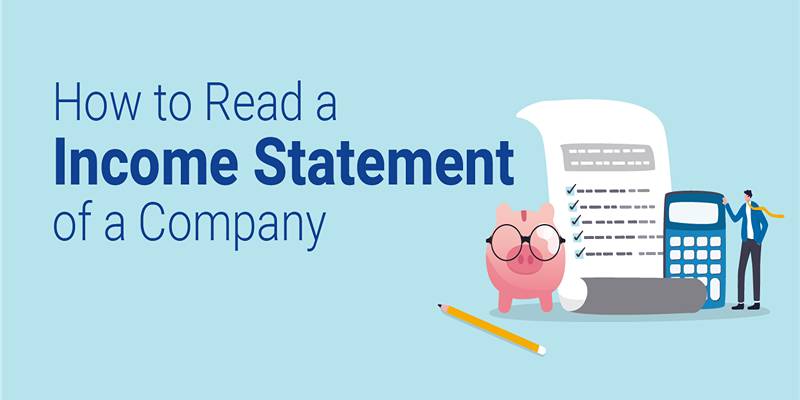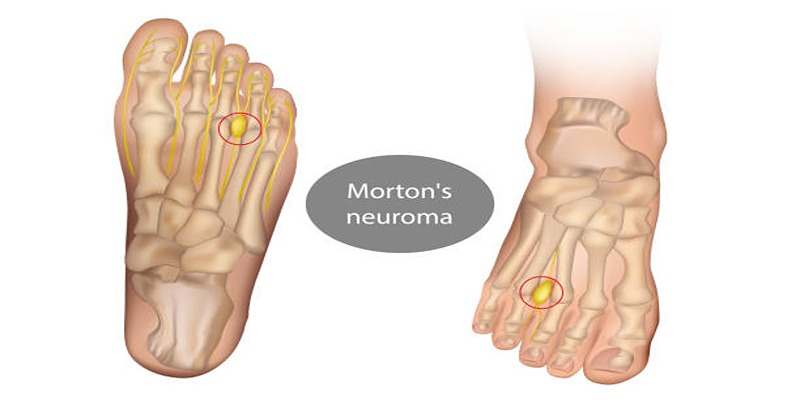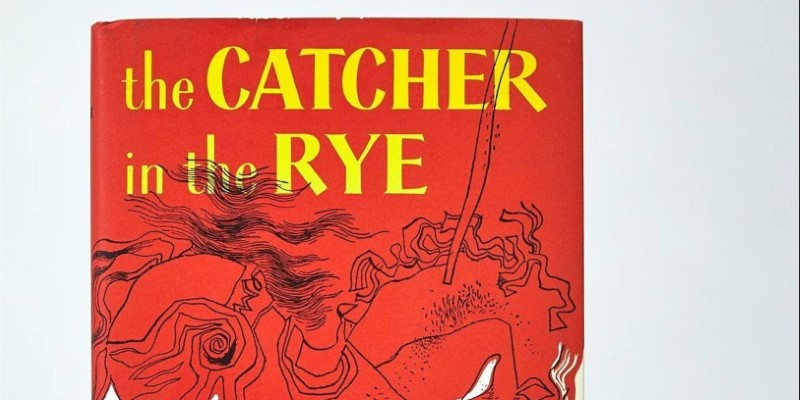Have you ever wondered why a particular song can send shivers or lift your spirits instantly? The answer lies within the intricate workings of your brain. Let's delve into the fascinating realm of music and explore the reasons behind its powerful emotional impact.
At the core, the reasons behind music making you feel that much good lies in your head. Dive into this guide to learn how and why!
At the heart of music's emotional resonance lies the power of melody. When you listen to a piece of music, your brain intricately processes the sequence of notes, creating a unique and profound experience. Melody is a universal language that transcends cultural and linguistic barriers, speaking directly to your emotions.
Depending on its composition, it can evoke joy, sadness, nostalgia, or excitement. The captivating nature of melody lies in its capacity to connect with the human psyche on a deeply emotional level, making it a fundamental element in understanding why music profoundly impacts our well-being.
Your brain functions as a chemical orchestra when you immerse yourself in music. The harmonious interplay of neurotransmitters, particularly dopamine, orchestrates the feelings of pleasure and reward. This surge of dopamine is akin to a natural high, contributing to the euphoria and positive emotions associated with listening to music.
The brain's intricate chemistry, responding to melody, rhythm, and harmony nuances, reveals why certain songs can instantly elevate your mood and make you feel good. Understanding this chemical symphony provides insight into the physiological basis of the emotional responses triggered by the enchanting world of music.
Beyond the enchantment of melody, the rhythmic elements of music establish a profound connection between the auditory experience and your body's internal rhythms. The beat of a song has the remarkable ability to synchronize with your heartbeat, creating a sense of unity between the music and your physiological functions.
This synchronization induces a calming effect, reducing stress and anxiety. The rhythmic entrainment facilitated by music offers a unique pathway to emotional regulation, showcasing the therapeutic potential of the rhythmic connection between music and the human body.
Music is a powerful vessel for nostalgia, carrying you down memory lane with its evocative tunes. The association between specific songs and meaningful life experiences is a testament to the ability of music to etch itself into your memory. When you hear a song linked to a particular moment, it can transport you back in time, rekindling the emotions and sentiments associated with that period.
This phenomenon, known as the "reminiscence bump," highlights music's profound impact on memory recall and emotional well-being, showcasing its unique role in shaping our narratives.
The marriage of melody with expressive lyrics adds another layer to the emotional tapestry woven by music. The words accompanying the melody contribute significantly to the emotional impact of a song. Whether conveying heartbreak, resilience, love, or empowerment, lyrics provide a narrative that resonates with the listener's experiences.

The brain actively processes the meaning behind the words, deepening the emotional connection and influencing how a particular song is perceived. The synergy between melody and lyrics enhances the overall emotional richness of music, making it a potent vehicle for self-expression and connection.
Music possesses a unique social dimension, fostering connections and unity among individuals. Whether it's a shared concert experience, a dance floor, or a collaborative playlist, the communal nature of music amplifies its emotional impact. The shared enjoyment of music creates a collective emotional experience, transcending individual boundaries.
This communal harmony enhances the pleasure derived from music. It strengthens social bonds, underscoring the role of music as a powerful force that brings people together and enhances the fabric of social connections.
Scientific exploration has uncovered that the human brain is inherently predisposed to appreciate and respond to music. Specific brain regions, including the auditory cortex and the limbic system, actively process and respond to musical stimuli.
This suggests that music is deeply ingrained in the neurological framework of the human brain, providing a compelling explanation for its universal appeal. The brain's musical blueprint underscores the intrinsic connection between humans and music, offering insights into why this art form has been a constant and integral part of human culture throughout history.
Beyond its emotional impact, music also serves as a therapeutic tool with profound healing effects. The soothing power of certain melodies has been harnessed to manage stress, alleviate pain, and improve overall well-being.
Music therapy, a recognized and evidence-based practice, utilizes the healing harmonies of music to address various physical and mental health issues. The therapeutic potential of music extends beyond mere enjoyment, showcasing its ability to contribute positively to holistic health and well-being.
Understanding the intricate interplay between music and your brain opens avenues for intentional and personalized emotional experiences. Whether you seek an energy boost, a moment of tranquility, or a cathartic release, selecting the right music allows you to curate your emotional landscape.

The intentional use of music in daily life becomes a mindful practice, harnessing the expressive power of melodies to enhance your mood, manage stress, and create your musical oasis.
As you navigate the diverse landscape of musical genres and styles, you unlock the potential to shape your emotional well-being through the artful arrangement of sound and rhythm. In this way, music becomes a passive listening experience and an active tool for emotional self-care and expression.
Music's profound impact on our emotions is a multi-faceted journey through melody, chemistry, rhythm, memory, expression, social connection, neuroscience, and healing. It is a testament to the intricate relationship between music and the human experience.
As you navigate the melodies that resonate with you, remember that the enchanting connection between music and your brain is not a mere illusion but a beautifully orchestrated symphony that unfolds within the realms of your consciousness.

By Eleanor/May 12, 2024

By Peter Evans/Mar 04, 2024

By Frederica/Apr 27, 2024

By Peter Evans/May 13, 2024

By Sid Leonard/Jun 17, 2025

By Frederica/Mar 25, 2025

By Madison Evans/May 22, 2025

By Susan Kelly/Feb 25, 2024

By Celia Kreitner/May 27, 2025

By Eleanor/Feb 02, 2024

By Susan Kelly/Apr 21, 2024

By Celia Shatzman/May 22, 2025